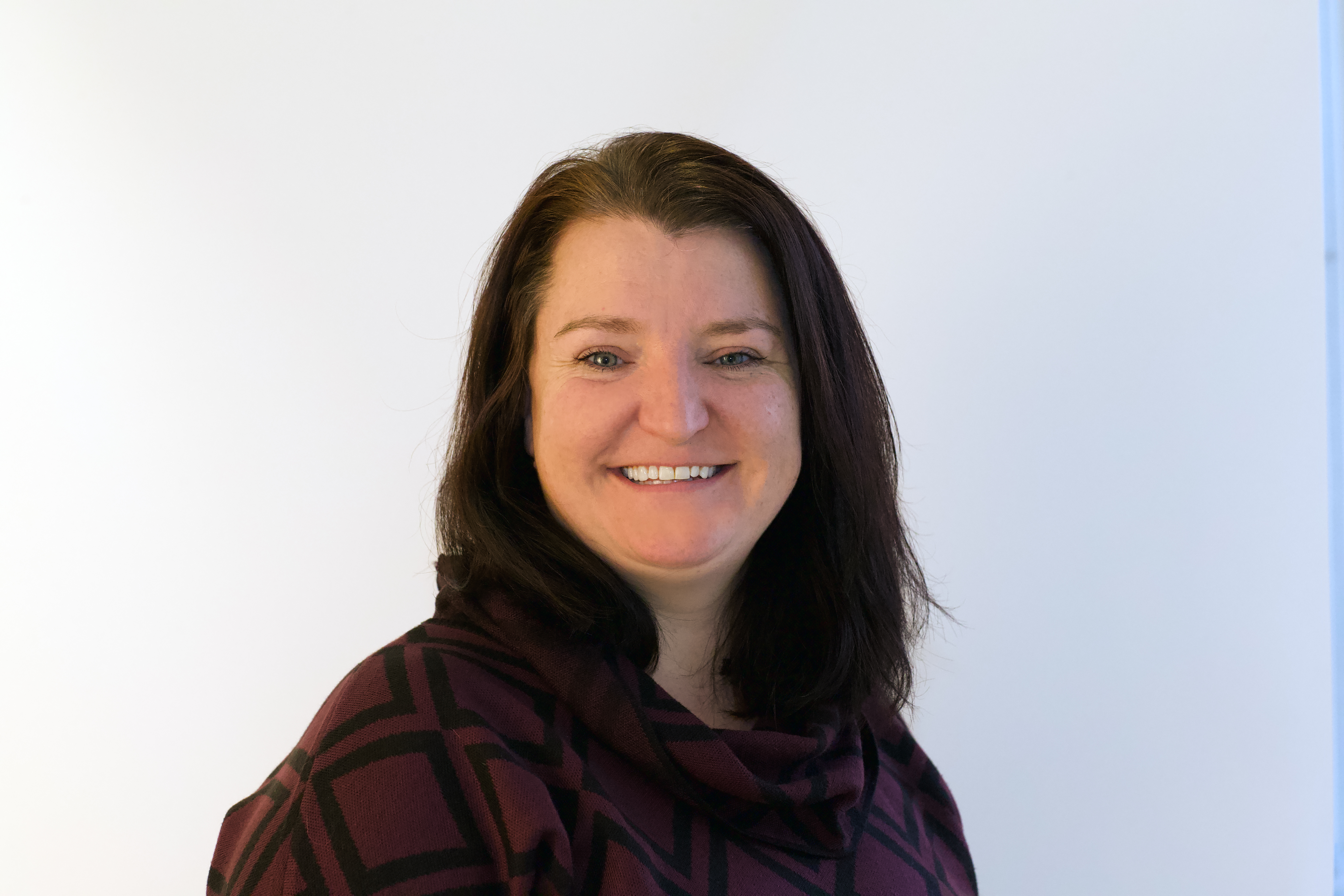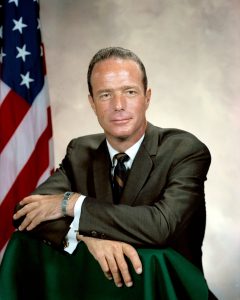Last month, I wrote about the tradition of given names. I postulated that given names were either chosen by parents because they honored a family member (both living and deceased) or because parents liked the way a name sounded, and subsequently named their child after “a stranger they met in a bar” (thank you to commenter Deane Taylor). In fact, when the blog posted to Vita Brevis, many of the commenters verified my theory: most were named for complete strangers or in loving memory of family and friends. However, a third group also emerged from the comment section: those who were named for a famous person, event, or cultural icon (thank you to commenters Carole and Carole).
And, when my colleagues read the blog, they shared similar stories of their given name’s cultural significance:
- Ginevra Morse (education team). Named for the only Leonardo da Vinci painting on public view in the Americas, Ginevra de’ Benci. The painting was acquired by the National Gallery of Art in Washington, D.C. in 1967, when Ginevra’s parents were living in Maryland. And, when Ginevra came upon the scene about 20 years later, her mother remembered the painting and gave the name to her daughter.
- David Allen Lambert (library team). When David’s parents gave the good news of his impending arrival to his older sister, she asked for the honor of choosing his first name. And, because of the popularity of The Monkees at the time, she chose David after David Thomas ‘Davy’ Jones.
- Rhonda McClure (library team). Named for the glamorous Rhonda Fleming, a popular movie and television star from the 1940s to the 1960s. Rhonda starred in more than 40 films and acted alongside famous actors such as Ronald Reagan, Rory Calhoun, and Bing Crosby.
- Scott Steward (publications team). Born during the height of NASA’s space program, Scott was named for Scott Carpenter, who flew on Project Mercury’s second manned orbital flight on the Mercury-Atlas 7 rocket, and for the novelist F. Scott Fitzgerald, who was enjoying a Renaissance at the time.
Now, this tradition may seem modern, but we actually see evidence of this custom throughout American history. For example, during the 1870s and 1880s many children were named after the founding fathers, a nod to the one-hundredth celebration of American independence.
In fact, when I quickly examined birth records in Massachusetts, I found that more than 250 children were named after one of the first six U.S. Presidents (George Washington McCarthy, Thomas Jefferson Keefe, and Andrew Jackson Totman, to name a few) during those years. And this search did not consider those who were only given the first name of a president – George, John (2x), Thomas, James (2x), and Andrew – and not his full name. As a result, the number of children named for a U.S. President from 1870 to 1890 was likely much higher.
And while this tradition was common, I would like to warn those who believe they have an ancestor named for a famous person, event, or cultural icon. Specifically, you should determine whether or not that famous person was popular at the time of his or her birth, and not years later.
For example, while working on an article for The Root, we were searching for evidence of the parentage of Grover Cleveland Ryman Jr. It was proposed that his father was also named Grover Cleveland Ryman Sr.; however, when we examined the details further, we concluded that this was not his father's original name, given that Grover Cleveland was wrapping up his service as Sheriff of Erie County, New York in 1875 (the year Grover Cleveland Ryman Sr. would have been born); Cleveland would not become U.S. president until 1885. Grover Cleveland Ryman may have adopted the name later in life, but he was not given that name at birth.
Do you have an ancestor who adopted a famous given name later in life? If so, do you know their original given name?
Share this:

About Lindsay Fulton
Lindsay Fulton is a nationally recognized professional genealogist and lecturer who joined American Ancestors in 2012. She leads the Research and Library Services team as Chief Research Officer, as well as the research team working on 10 Million Names. In addition to helping constituents with their research, Lindsay has authored a Portable Genealogists on the topics of Applying to Lineage Societies and the United States Federal Census (1790-1950), and is a frequent contributor to the American Ancestors blog, Vita-Brevis. She was featured in the Emmy-Winning Program: Finding your Roots: The Seedlings, a web series inspired by the PBS series “Finding Your Roots with Henry Louis Gates, Jr.", as well as another popular PBS series, “Samantha Brown’s Places to Love.” Before, American Ancestors, Lindsay worked at the National Archives and Records Administration in Waltham, Massachusetts, where she designed and implemented an original curriculum program exploring the Chinese Exclusion Era for elementary school students. She holds a B.A. from Merrimack College and M.A. from the University of Massachusetts-Boston. Area of Expertise: State and Federal Censuses, New England, Ireland, and New York research, with a focus on research methodology and organization. Lindsay also oversees the research team working on the 10 Million Names project.View all posts by Lindsay Fulton →
